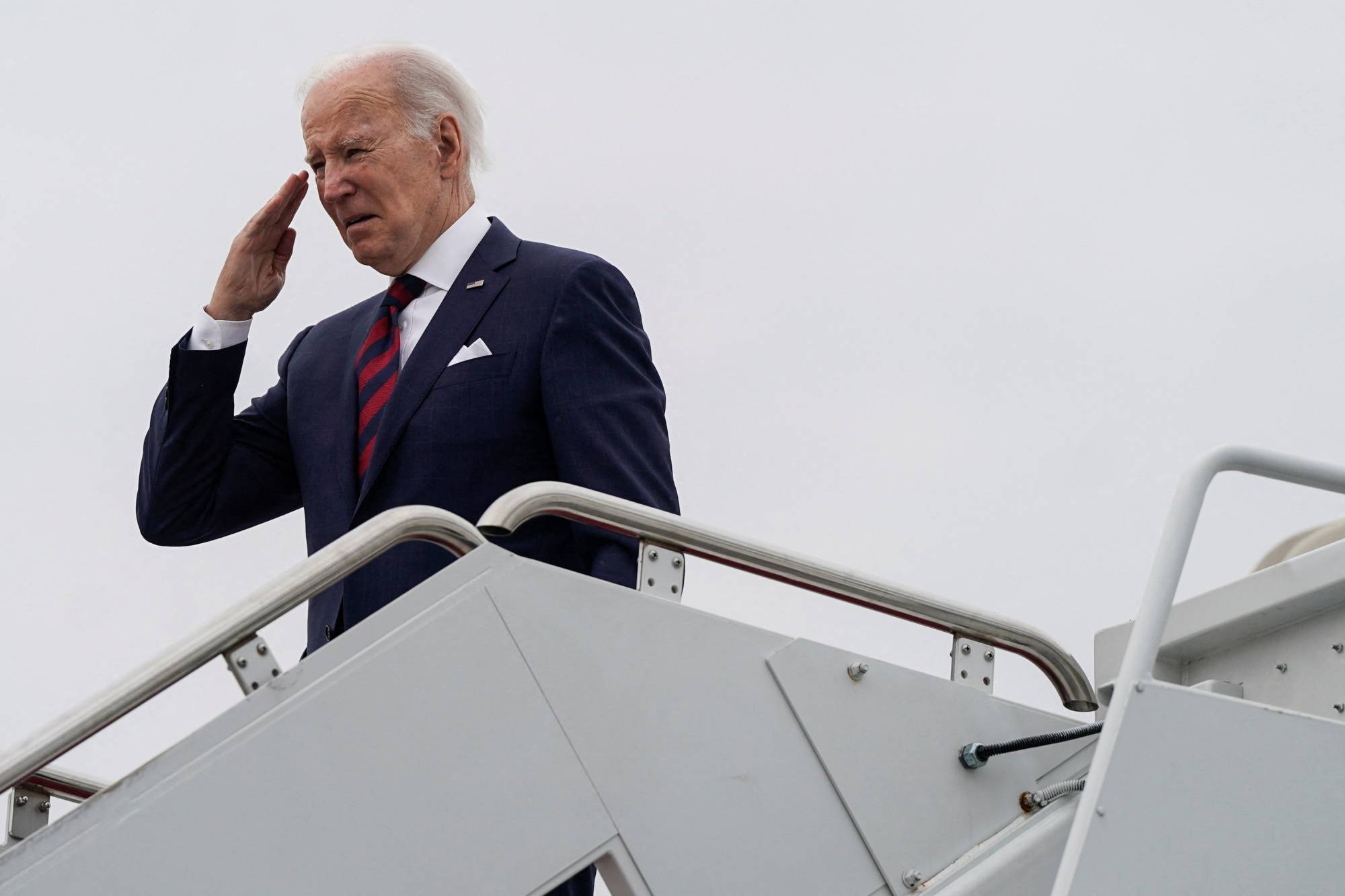U.S. President Joe Biden will hold talks with Prime Minister Fumio Kishida on Thursday ahead of the Group of Seven leaders’ summit from Friday to Sunday in Hiroshima, the White House has announced.
Questions had emerged earlier over Biden’s attendance after he said he could miss the G7 summit or attend virtually due to ongoing negotiations over the U.S. federal debt limit. But the White House said Sunday that the visit would go on as planned, with Biden becoming just the second sitting U.S. president to visit the atomic-bombed city. He is set to leave Washington on Wednesday and arrive the following day.
Biden had hinted last week that he could stay in Washington if the debt limit negotiations dragged on.
















With your current subscription plan you can comment on stories. However, before writing your first comment, please create a display name in the Profile section of your subscriber account page.